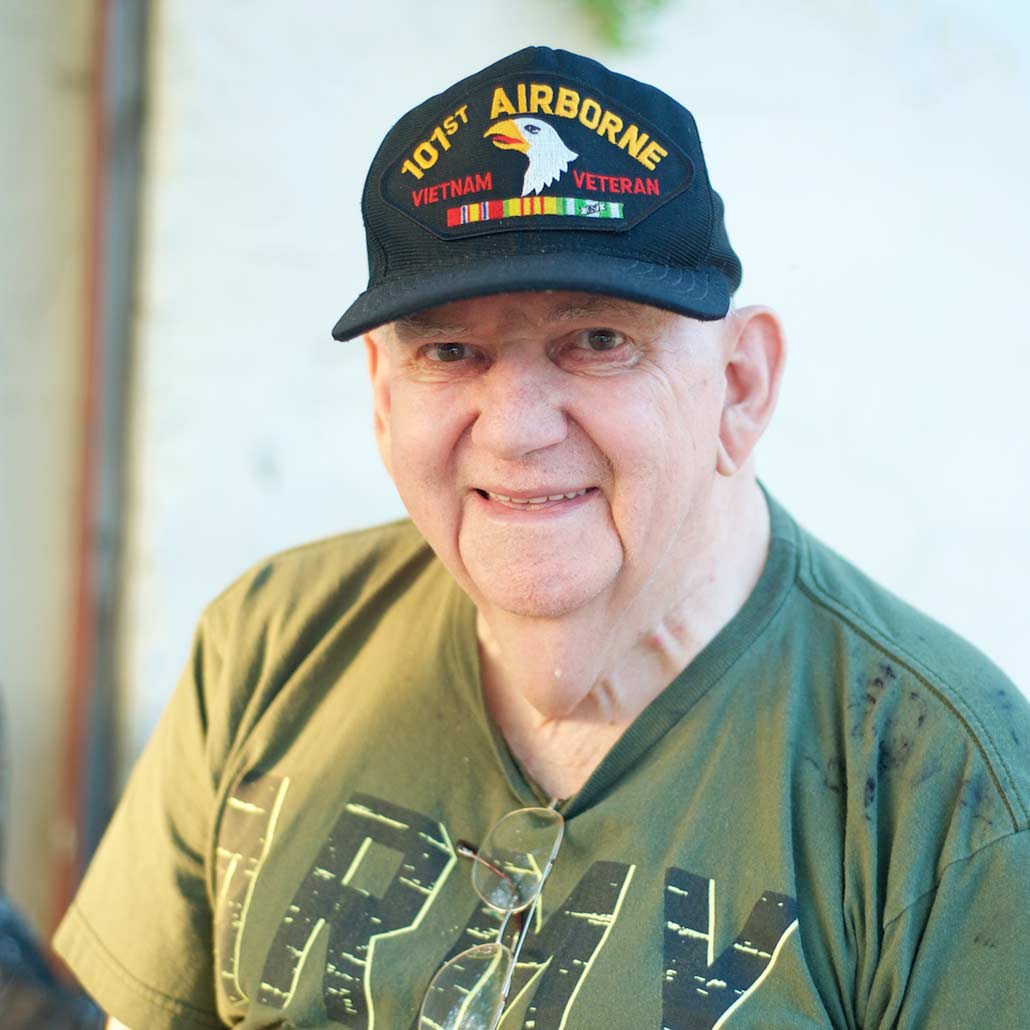Seventy-five percent of older adults want to age in their homes and communities, but the majority will need assistance with daily activities such as preparing meals, grooming, and managing medications. Many have family, friends, or neighbors to care for them and who help provide transportation, coordinate health care appointments, offer companionship, among many other benefits. Awareness about the importance of caregivers is growing among the public and policymakers, but less attention is given to older adults without caregivers or other social supports. Socially isolated older adults experience worse health outcomes and incur higher medical costs than those with social connections.
- The Foundation
-
-
Our Work
Missouri Foundation for Health is building a more equitable future through collaboration, convening, knowledge sharing, and strategic investment.
-
-
-
- Our Focus
-
-
For hope, for health
Missouri Foundation for Health is committed to making lasting positive changes in health. We focus our efforts on key issues, community needs, and policy work.
-
-
-
- What’s New
- Contact us

Social Isolation Among Older Adults

Missouri Foundation for Health›Publications›Health Policy›Rural Health›Social Isolation Among Older Adults

